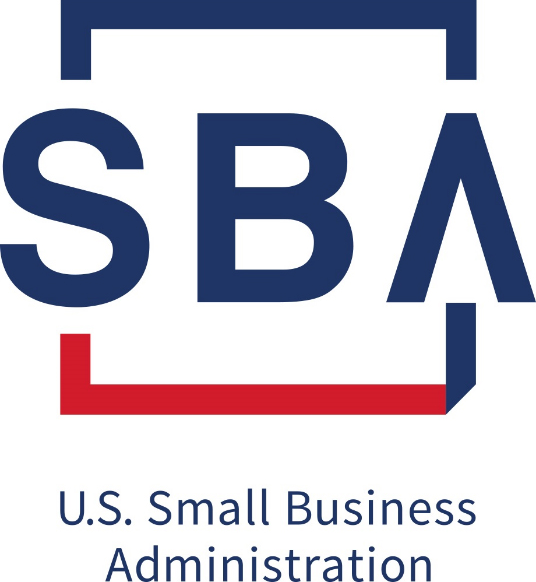
PROVIDENCE – Demand for forgivable payroll loans among Rhode Island small businesses ticked up in the last week, with nearly 1,300 recipients approved for Paycheck Protection Program loans, according to the latest U.S. Small Business Administration update published on Tuesday.
Loan approvals between April 25 and May 2, the latest data available, brought another $28 million to Rhode Island businesses, nonprofits and other eligible recipients. This is almost double the $15.7 million in funds approved in the prior seven-day period, and a 60% increase in recipients compared to the prior week.
In total, the hallmark business relief program has doled out $966.5 million across nearly 15,700 loans in Rhode Island since relaunching in January. Nationally, more than 5.6 million loans have been approved, totaling $258.2 billion, with an average loan size of $46,000.
Eligible applicants still have until May 31 to apply for PPP money thanks to a two-month extension approved by Congress. Just under $26 billion of the original $284 billion allocation remains, not including the $7 billion tacked on in the American Rescue Plan Act of 2021.
Whether demand will be impacted by recent openings of other federal small business grant programs targeted for the restaurant and live event industries remains unclear. Accommodation and food service businesses, which are also the intended beneficiaries of the Restaurant Revitalization Fund and Shuttered Venue Operating Grant programs, have received the most funding through the second round of PPP – just under $40 billion, equal to 15% of all loans approved. This is in part because of program changes that allow these businesses to receive more money relative to their payrolls than other industries.
Women and minority-owned business recipient data is still murky, since a majority of a majority of recipients still do not identify their race or ethnicity.
Demographic and industry data was not available by state.
Nancy Lavin is a PBN staff writer. You may reach her at Lavin@PBN.com.











